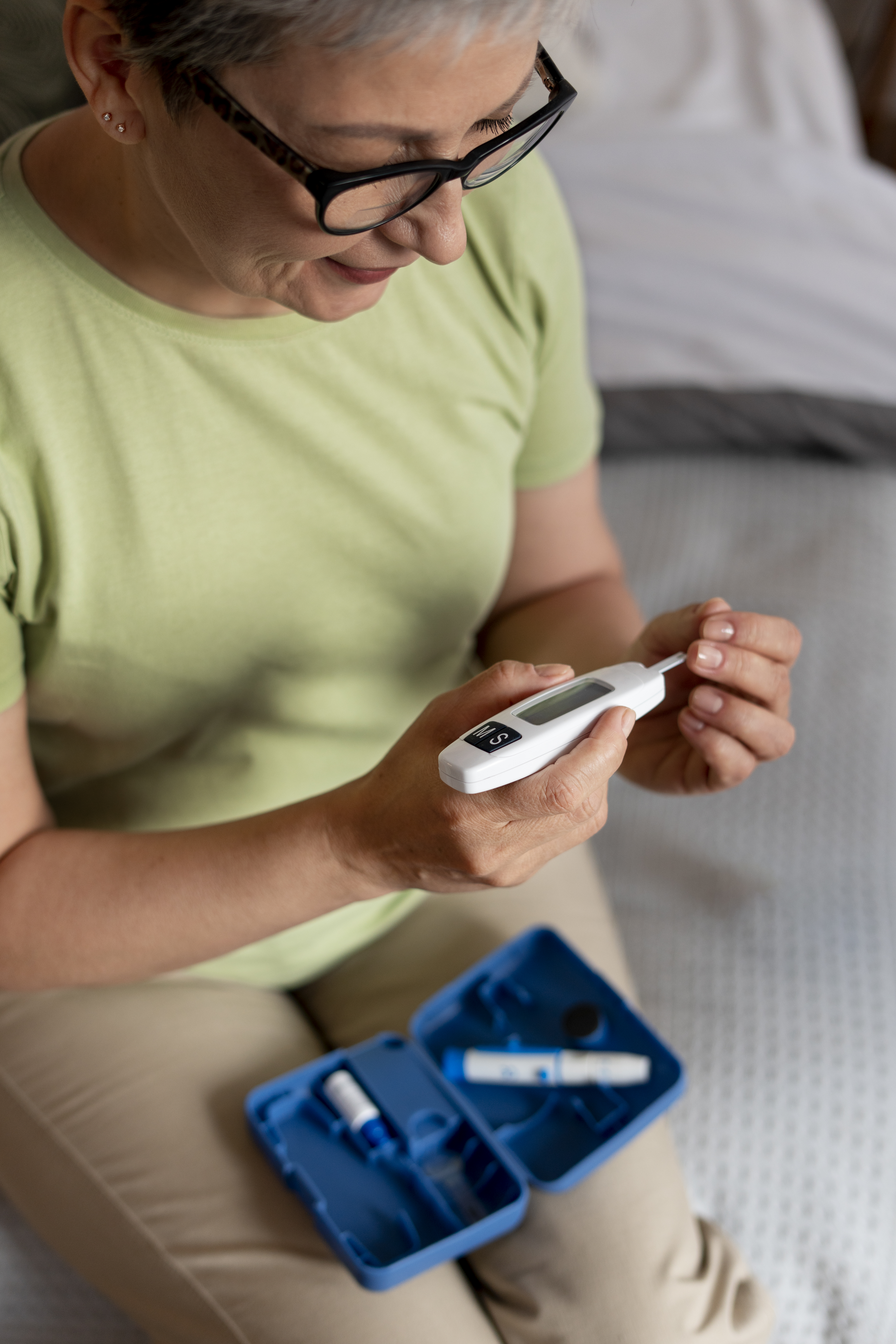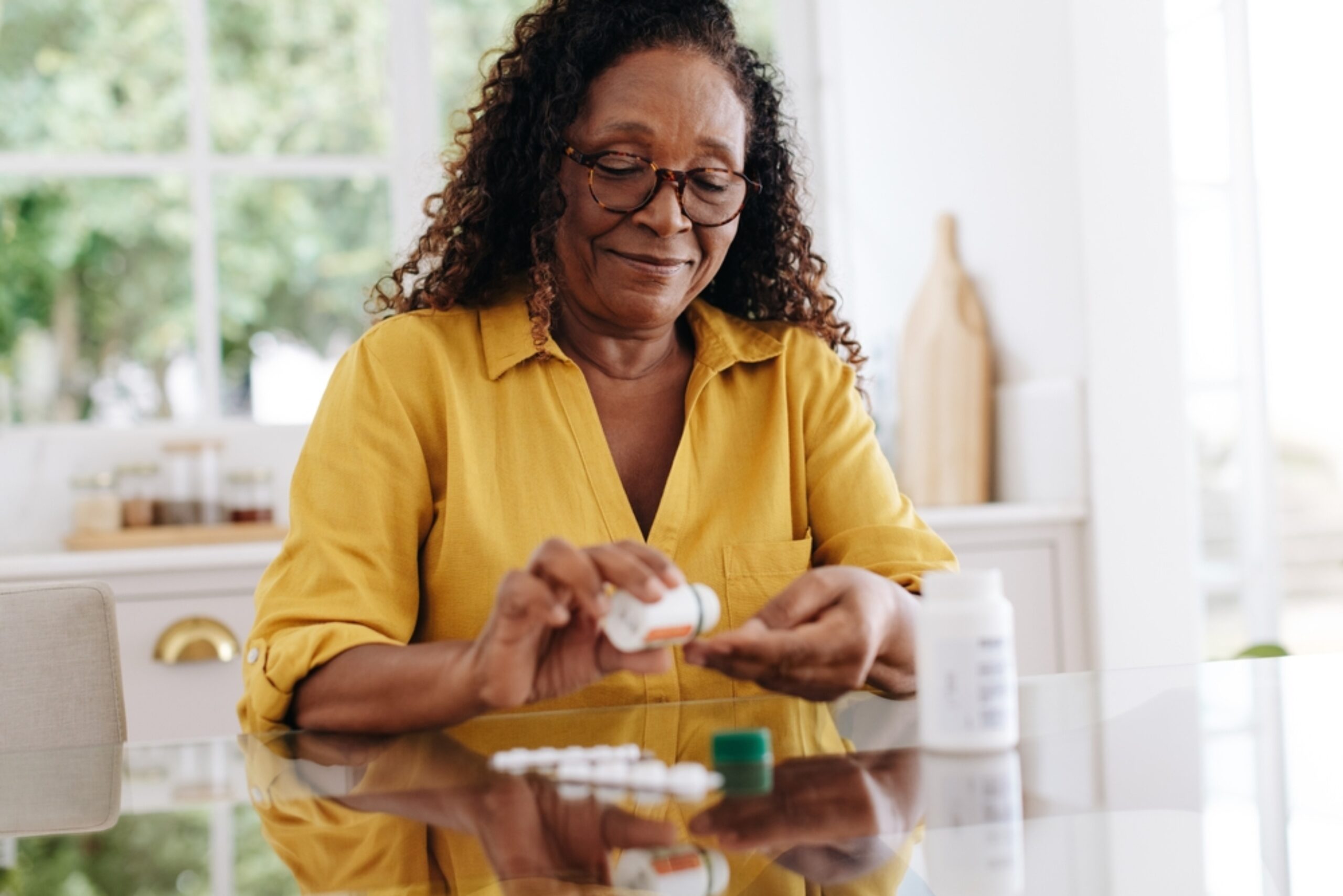Ageism in healthcare tends to affect people quietly, but its habitual practice is widespread, and its impact is real.
Ageism can be explicit or implicit in its execution and can manifest in various ways, but at its core, there are three components that can result in ageism.
Age discrimination, or the harmful treatment of older people, encompasses actions that damage older people psychologically or physically due to their age. This can look like dismissing a treatable pathology as a feature of old age or excluding elderly adults with multiple chronic illnesses from clinical trials in order to focus on a “general population.” These actions can be detrimental to a patient’s health and wellbeing, and yet they remain widely practiced and unaddressed in the industry.
Negative age stereotypes are implicit beliefs regarding older people in general that are dismissive, cynical, or uncooperative. Often, negative age stereotypes are instilled in the population at an early age. Negative age stereotypes also manifest in the form of negative self-perceptions of aging, the third and final component of ageism. Of course, stereotypes imprinted into people at a young age can remain with them as they grow older, and thus result in these biases damaging their own self-perceptions down the line. Similarly, older people being exposed to younger people’s negative age stereotypes can influence their own self-worth detrimentally.
Psychologist Becca Levy, Ph.D, explains that these negative age stereotypes exacerbate stress, which is widely known to factor into higher blood pressure and cholesterol levels, leaving them more at risk for issues like heart attacks and strokes. Levy also posits that, on the behavioral level, research has found that negative self-perceptions of aging predict worse health behaviors over time, such as non-compliance with prescribed medications
The ways that physicians and staff interact with older patients can reveal implicit ageist beliefs, which is why it’s important to be more intentional with providing care to older patients and take a closer look at these implicit biases. Doctors and nurses can frequently be less patient and less engaged with, and less responsive to issues raised by older patients. In some cases, providers may use a form of speech that is more slow-paced, exaggerated in intonation, elevated in pitch and volume and simplified in vocabulary. Assuming elderly patients are cognitively impaired may even lead some physicians to not explain the full details of an illness [Regis College].
In a study conducted in The Gerontologist1 published in 2020, psychologist Becca Levy and colleagues discovered that ageism costs patients $63 billion each year and results in over 17 million cases of eight specific health conditions observed in the study.
In the wake of the impact of growing ageist practices and beliefs, many older patients may be less likely to engage in behaviors necessary to their wellbeing, like having regular examinations and seeking healthcare when needed. Furthermore, ageism may lead physicians and other providers to abstain from giving the holistic care that elderly patients with multiple chronic illnesses truly need.
PharmD Live remains dedicated to filling the gaps in healthcare that are left by these issues, by providing support where support is needed. We know that the number of adults aged 65 or older will double in the next forty years, resulting in more seniors afflicted with chronic diseases and putting additional strain on an already vulnerable U.S. healthcare system.
We seek to alleviate stresses caused by ageism in the healthcare industry through a holistic approach to patient care that includes remote patient monitoring, transitional care management, medication management and personalized prevention plans. These are just a few of the ways that we strive to adhere to our values.
At PharmD Live, our mission to close care gaps and improve patient outcomes rests in the knowledge that all patients deserve better — regardless of age.
References
- Becca R Levy, PhD, Martin D Slade, MPH, E-Shien Chang, MA, Sneha Kannoth, MPH, Shi-Yi Wang, MD, PhD – The Gerontologist, Volume 60, Issue 1, February 2020, Pages 174–181, https://doi.org/10.1093/geront/gny131








